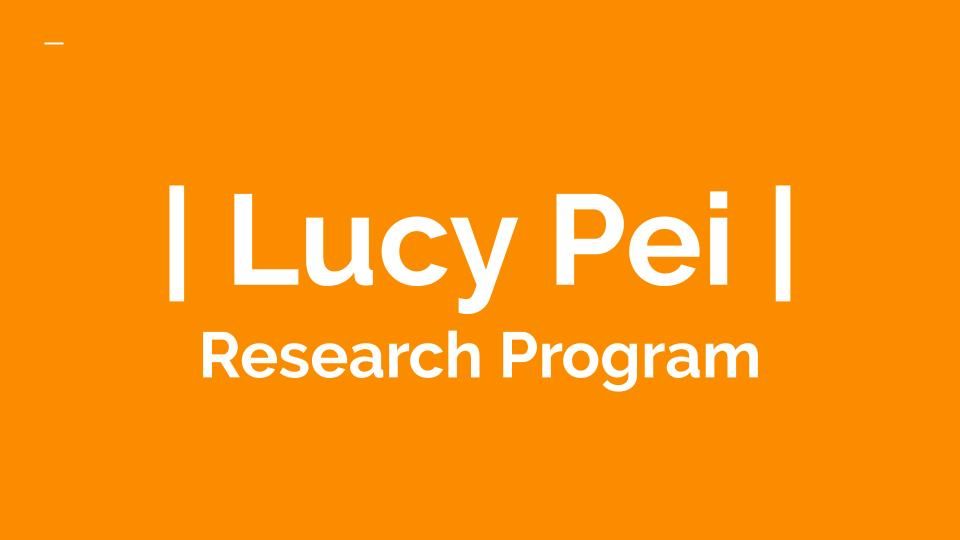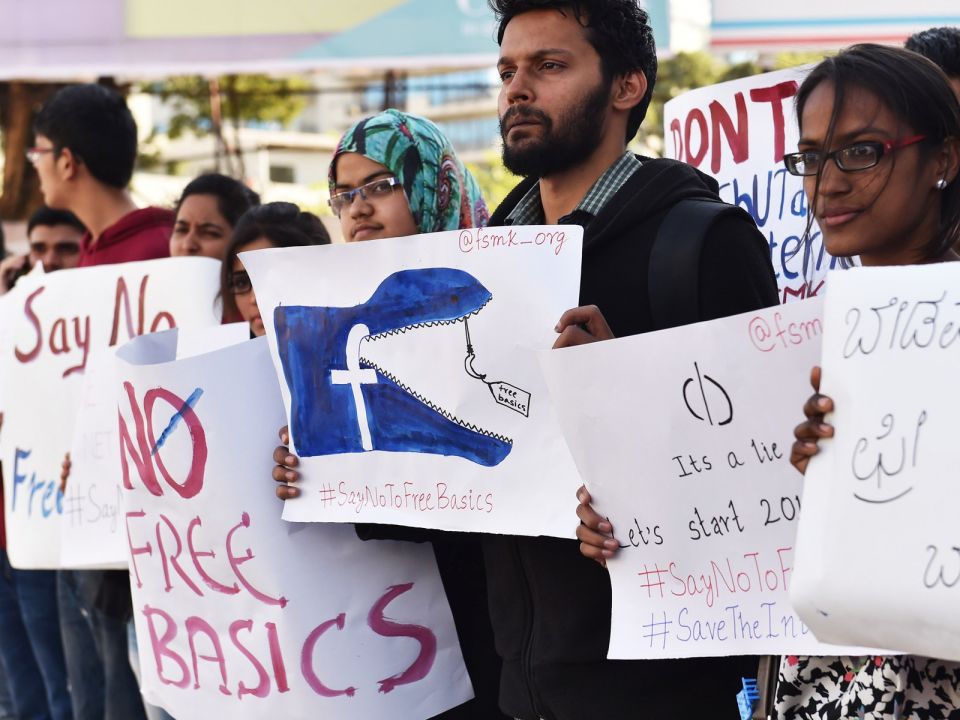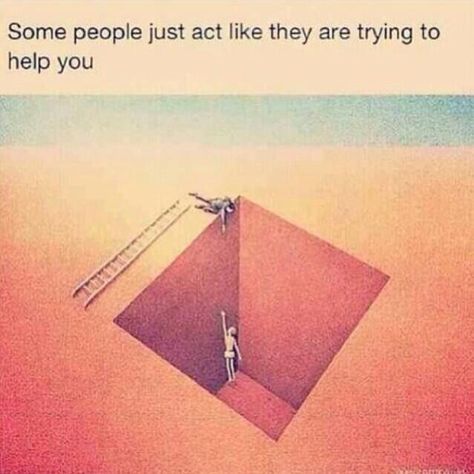
Cite as: Pei, Lucy. 2019. Research Program Description. University of California. November. http://centerforethnography.org/content/lucy-pei-research-program/essay
Lucy Pei is a PhD student in the Department of Informatics at the University of California, Irvine. She is advised by Professor Roderic Crooks. In light of the popular and tempting proposition of technology for social good, Lucy's research looks critically at how technology intervention is framed. She is interested in how harms and extractions are also distributed alongside benefits for marginalized communities. Lucy's research seeks to collaborate with communities to develop ways to engage openly with the downsides of technological intervention while still trying to help benefits of technology reach a wider audience. She is particularly interested in how immigrant and resettled refugee communities adopt digital technologies in the context of community literacy centers. Lucy holds a BA in Global Studies and Human Computer Interaction from Carnegie Mellon University.
This research program seeks to ethnographically understand the implications of technology for social good (including Information and Communication Technology for Development, ICTD). Researchers have evaluated methods of conducting ICTD, reported on their experiences attempting it, created frameworks of why it fails. Scholars have dismissed the projects of development and aid as neocolonial endeavors. Is there a way for technologists to practice an ethics of care and engage with systematically disadvantaged communities without re-entrenching inequalities and colonial relations?
By ethnographically studying the makers and receivers of the promises of ICTD, and the discourses, material infrastructures, designs, and spaces of such projects, this research program pushes at the contradictions between trying to help, seeking help, and perpetuating inequality and domination.

This image, found in this WIRED article about Facebook’s Free Basics and Internet.org projects, shows protesters holding hand-drawn posters against Facebook’s Free Basics. I love the drawing of a blue sock-like Facebook shark with a hook in its mouth, Free Basics as the bait. This poster and the act of the protest show the contested nature of projects that claim to be tech-for-social-good, where Facebook’s claims to philanthropy, human rights, and more equitable digital access are portrayed as fronts for profit capture and digital colonialism.
My prior work, in collaboration with Bonnie Nardi, looked at how varying engagements with existing community assets and novelty could increase the potential for sustainable impact in technological interventions. We published a paper at the alt.chi track of ACM CHI Human Factors in Computing Systems titled "We Did It Right, But It Was Still Wrong: Toward Assets-Based Design" in 2019.
Headline from the Guardian:
'It's Digital Colonialism': how Facebook's free internet service has failed its users
"Free Basics, built for developing markets, focuses on ‘western corporate content’ and violates net neutrality principles, researchers say". Free Basics, which is supposed to offer free internet in less-connected areas, is often framed as a social-good endeavor by the tech company Facebook. This is being contested by the supposed beneficiaries of the project.

This meme, for which I could not find an attribution, illustrates a more cynical view of tech-for-good projects. When governments of wealthy countries provide aid money for tech-for-good projects conditional on continued political and economic conditions that prevent local-owned industry or fair labor laws, it is like offering the hand and leaving the ladder out of sight. When multi-billionaire tech companies offer non-net-neutral Internet that enrolls impoverished people in “emerging markets” in extractive relationships (extractive of attention, time, emotion, money, labor, and natural resources) under the guise of providing “internet as a human right”, it is a failure help in good faith.